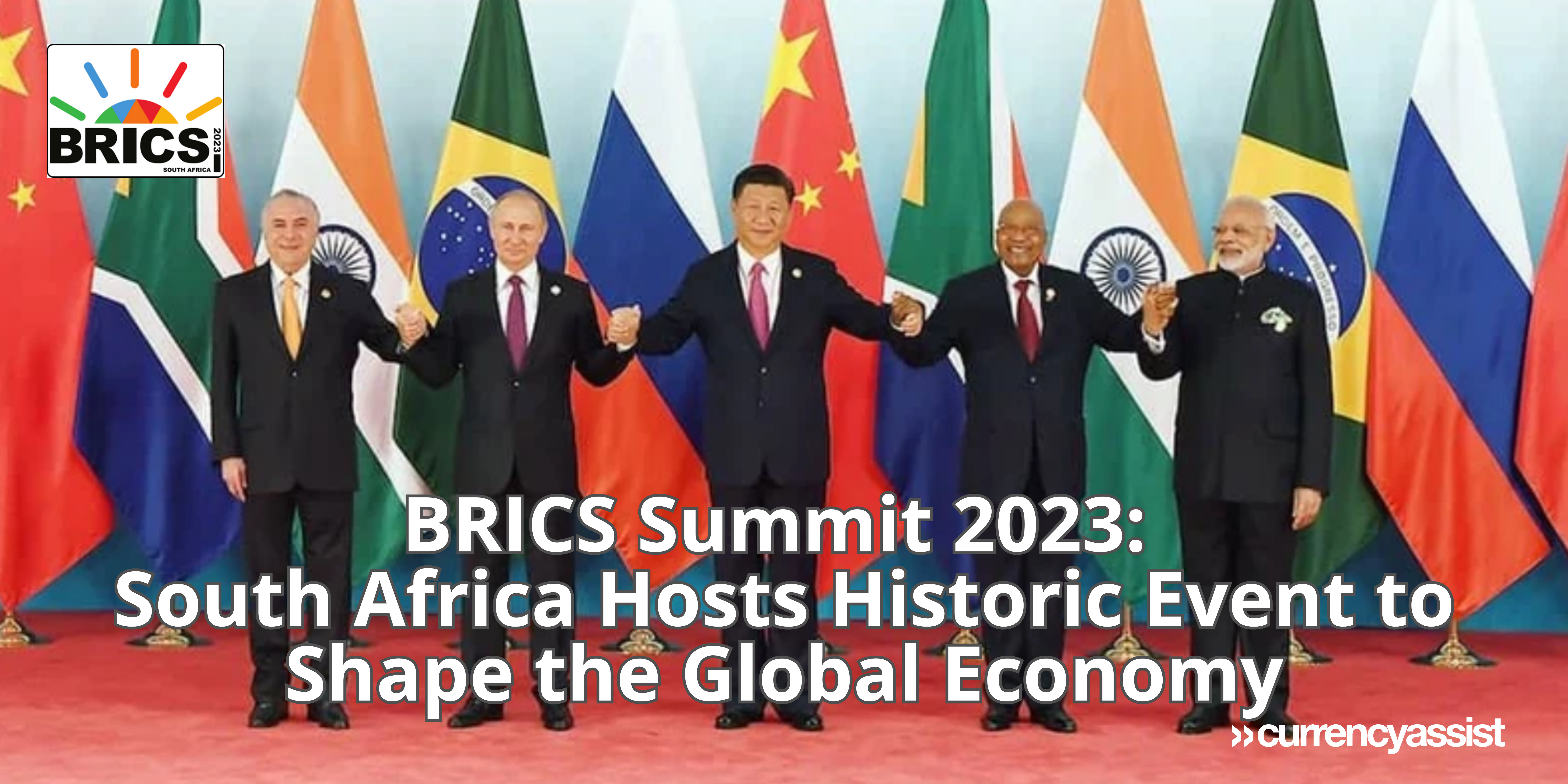The 15th BRICS Summit, hosted by South Africa, recently concluded in Sandton, Johannesburg, leaving a lasting impact on the global economic landscape. The summit, which spanned three days, brought together more than 60 heads of state, including the original BRICS members – Brazil, Russia, India, China, and South Africa. While the event covered various aspects of cooperation and economic development, its significance lies in the expansion of the BRICS bloc and discussions on reshaping the world order.
International Relations Minister Naledi Pandor praised South Africa’s hosting of the summit, emphasising its inclusivity. She highlighted the establishment of sectoral bodies such as the Women’s Business Alliance and the Youth Council as examples of the forward-looking approach taken by BRICS. The summit focused on enhancing trade between member states and addressing the calls for a new world order.
Russian President Vladimir Putin, who attended virtually due to an ICC arrest warrant related to alleged war crimes linked to the war in Ukraine, emphasized the importance of BRICS countries expanding settlements in national currencies and interbank cooperation. He also criticized Western attacks on Russia and underscored the group’s commitment to inclusion.
China’s President Xi Jinping highlighted the role of BRICS in pushing for the development and research of artificial intelligence and similar technologies. He emphasized the importance of unity and cooperation among developing countries to create a more stable and positive global environment.
One of the most notable outcomes of the summit was the expansion of the BRICS alliance. Leaders from Brazil, Russia, India, China, and South Africa invited six additional countries to join BRICS, effective from January 1, 2024. These countries include top oil exporters Saudi Arabia, Iran, and the United Arab Emirates, as well as developing economies in Africa and Latin America, such as Egypt, Ethiopia, and Argentina. This expansion is a significant development that will increase BRICS’ influence in global economic decision-making.
The inclusion of oil-rich nations in the BRICS alliance will have a profound impact on the global economy. Starting in 2024, these countries will possess the largest oil reserves globally, challenging the traditional geopolitical landscape. BRICS leaders have urged the use of national currencies for trade settlements among member countries, reducing reliance on the US dollar. This move aims to promote economic growth and inclusivity within the alliance.
While the expansion of BRICS is historic, it’s important to recognise that the member countries have diverse interests and priorities. They do not form a monolithic bloc and are unlikely to act in unison on all issues. Nevertheless, this expansion enhances BRICS’ role in shaping the global economy and opens the door to discussions about a common currency for the alliance.
The African Free Trade Agreement will play a crucial role in ensuring that the trade benefits and opportunities created by BRICS expansion are realised across the continent. South Africa, as the gateway to Africa within BRICS, must take its leadership role seriously, promoting cultural cohesion and sharing best practices to uplift populations out of poverty.
The BRICS Summit 2023 was a historic event that expanded the alliance and reshaped the global economic landscape. South Africa’s successful hosting of the event reaffirmed its ability to coordinate and execute such high-profile gatherings. As BRICS continues to advocate for sustainable development and economic growth, its expanded membership will undoubtedly influence the future of the global economy. South Africa must now embrace its leadership role and work towards realising the full potential of this alliance for the benefit of its people and the African continent as a whole.

